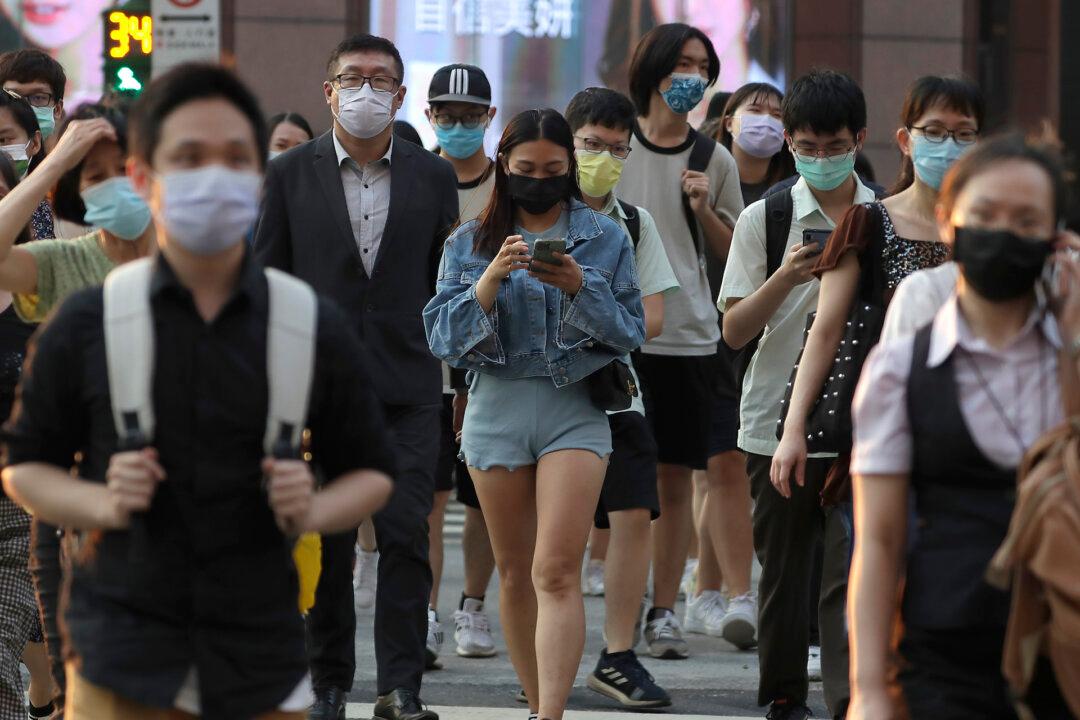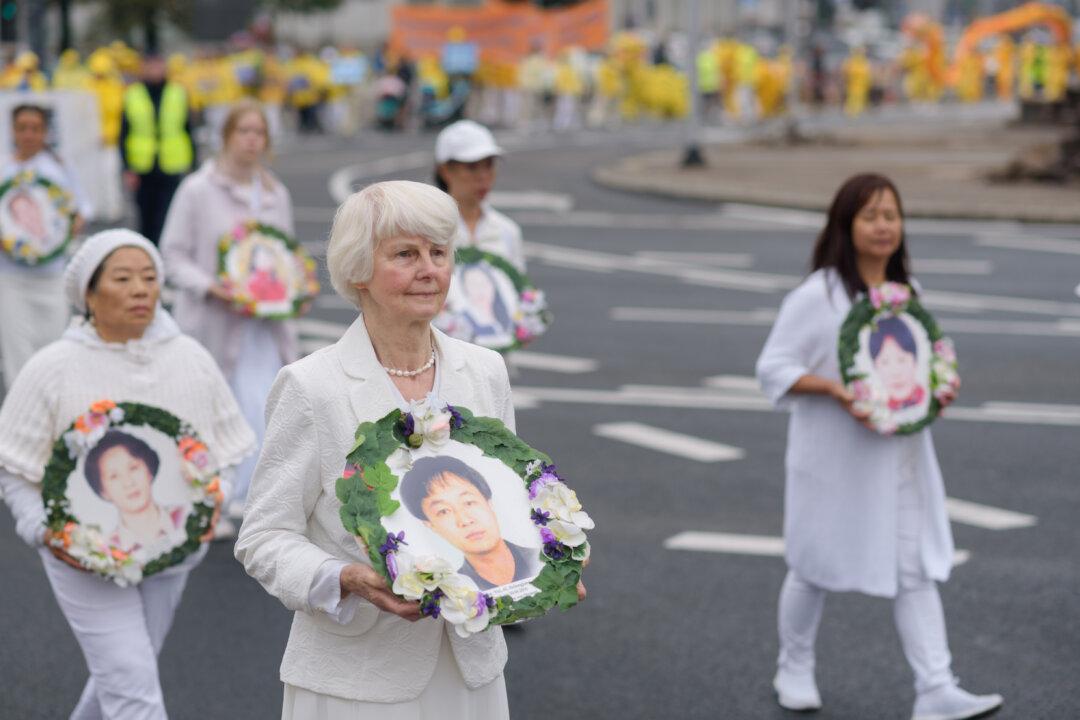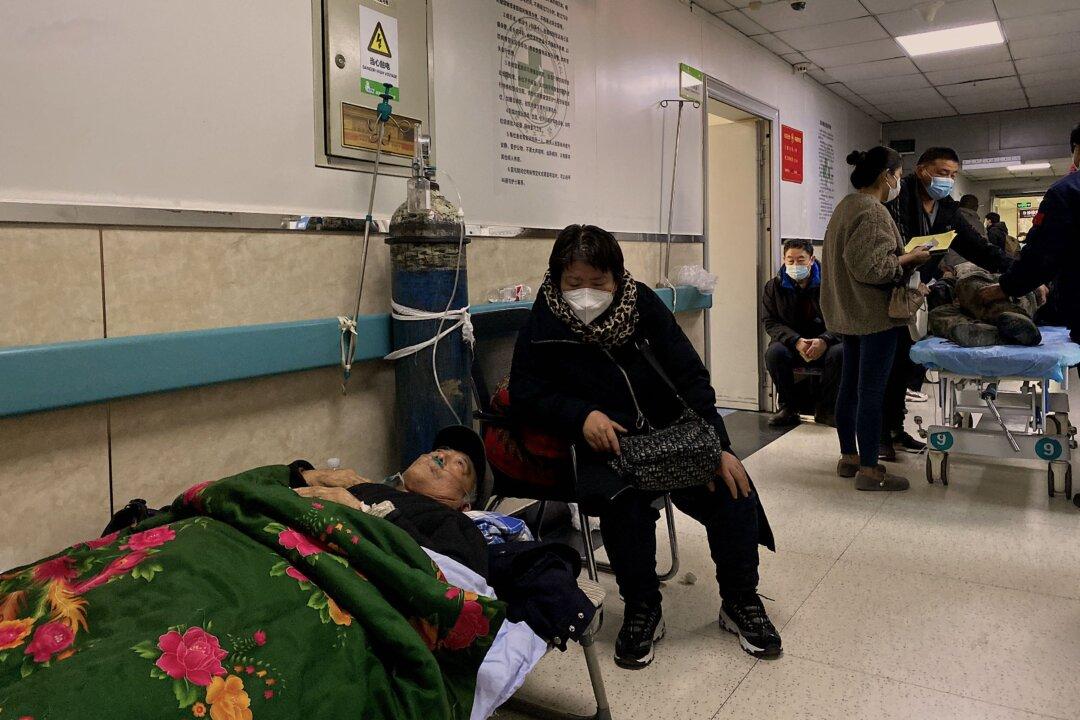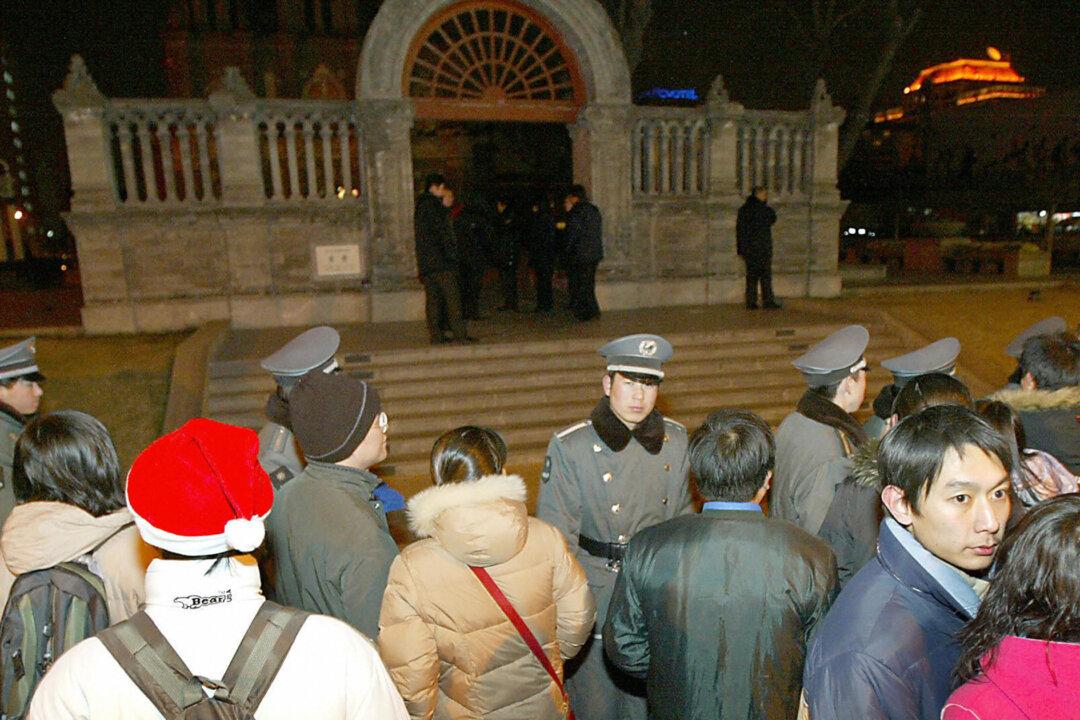Despite increasing support from the international community, Taiwan has yet to be invited to the 75th annual World Health Assembly (WHA), the decision-making body of World Health Organization (WHO), which is convening May 22 to 28 in Geneva, Switzerland, after two years of virtual meetings due to the COVID-19 pandemic.
Taiwan, which has been excluded from the WHA since 2017, says it is grateful for support from thirteen diplomatic allies, who are also WHO member states, who proposed a motion to put Taiwan’s participation in the WHA on the meeting’s agenda.




